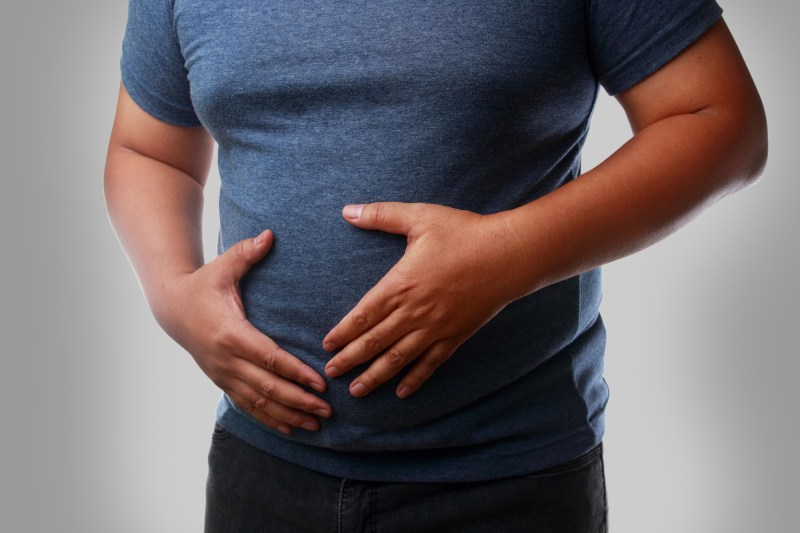Have you ever done a 3-day fast, or do you intend to try it for the first time, either for weight loss or other potential health benefits you may have heard about?
Fasting has been around for ages, but recently, it has become trendy because more people are now enlightened about the claimed benefits. No doubt, fasting is great for your body, but no matter how popular it becomes, you shouldn’t just jump on it. It’s important to understand what it entails so you can do it the right way. Read on to explore all there is to fasting.
What is fasting?

Fasting means abstaining from food or drink or both to manage weight, prepare for surgery, detox, prevent or treat health conditions, or for religious reasons. Such abstinence may be for a short time or a prolonged period. If it is for a prolonged period, when your body has completely burned the calories from your last meal, it will start to burn calories from fat stored over time.
Are there different types of fasts?

The different types of fasts include time-restricted fasting. This involves choosing your eating window within 24 hours. For example, it can be 16/8, 20/4, or 12/12.
Another type of fasting is alternate-day fasting, where you cut out large amounts of calories. You are required to eat only 25% of your daily calorie needs.
Further, you can choose the “eat stop eat” fast, where you fast for 24 hours two to three times a week. On the days you’re not fasting, you will eat normally.
How to do a 3-day water fast

During your three-day water fast, you can drink water, but don’t eat or drink anything else. Do not let the fast exceed 72 hours without medical supervision. Most people drink up to 3 liters of water a day, but the goal is to stay hydrated and minimize hunger. Also, note that your body doesn’t need too much water even if you feel hungry, so don’t drink excessive amounts to eliminate hunger.
What are the potential benefits of a 3-day fast?

Weight loss
One of the most significant benefits of a 3-day fast is that it can help you lose weight. When you fast, your body doesn’t get energy from food, so it burns stored-up fat for energy, which can result in weight loss.
Improved blood sugar control and insulin sensitivity
Your body’s only source of sugar is food, and maintaining a diet is one way to control your blood sugar. During your three-day fast, your body will not receive any sugar, and it will take this time to balance your sugar levels. If you do this fast frequently, your insulin sensitivity will also improve, as your body will be able to get rid of excess sugar and balance the sugar levels.
Prevent disease
Fasting is a great way to help your body repair cells and reduce inflammation. The cause of many diseases like diabetes, hypertension, cancer, etc., is linked to your diet, but if you fast once in a while, you could potentially help your body prevent these diseases.
What are the downsides of fasting?

Headache and lightheadedness
One possible side effect of fasting is headaches. As your body tries to get used to the new eating style, it can result in headaches and lightheadedness due to lack of energy, low blood sugar, and sometimes caffeine withdrawal. However, they will go away when you go back to your regular diet or when your body has adapted to the fast.
Bad breath
When fasting, you may also experience bad breath. It is due to the rise of acetone in the breath and lack of salivary flow. Fasting causes your body to burn fat for energy, and acetone is a by-product of fat metabolism. So, during this period, there will be an increase in acetone in your blood and breath, which causes an unpleasant smell.
Digestive issues
Some people may experience digestive issues such as nausea, indigestion, bloating, and diarrhea during fasting. So, during fasting, ensure you stay hydrated, and when breaking your fast, prioritize foods that are high in fiber and eat in small quantities so your body can process the food properly.
Who should avoid any fasting method?

Fasting has benefits, but it isn’t recommended for everyone. If you fall into any of the categories below, it is best to avoid fasting. If you must, inform your doctor and receive proper guidance before you begin.
- Children
- Teenagers
- People who operate heavy machinery or do hard labor
- Pregnant or breastfeeding women
- People with a history of eating disorders
- Adults over the age of 75
- People who do night shifts
- People who are on medications that require food
- Individuals with certain health conditions such as insulin-dependent diabetes, stomach ulcers, low blood pressure, seizures, etc.
Frequently asked questions

Does water fasting help with weight loss?
Yes, water fasting can help you lose weight because consuming only water reduces your caloric intake and makes your body burn fat for energy. Still, the bulk of the weight you will lose in the beginning will be from water loss, which you will gain back quickly when you stop fasting. So if you want a more permanent result, do water fasting (not dry fasting) consistently, together with some exercises and a good, sustainable diet.
Can I work out while fasting for 3 days?
A normal, healthy person should be able to work out while fasting, regardless of why they decided to start the fast. However, it is recommended that you stick to light exercises only, especially since you are on a three-day fast. Prioritize routines like walking, jogging, stretching, and yoga so that you can conserve energy for your regular daily activities.
What is the longest fast without food?
In 1965, a 27-year-old man named Angus Barbieri fasted for 382 days because he was diagnosed with obesity. He weighed 456 pounds and didn’t eat any food for one year and 17 days, and he lost 275 pounds at the end of the fast. This is the longest fasting period ever recorded in the world.




